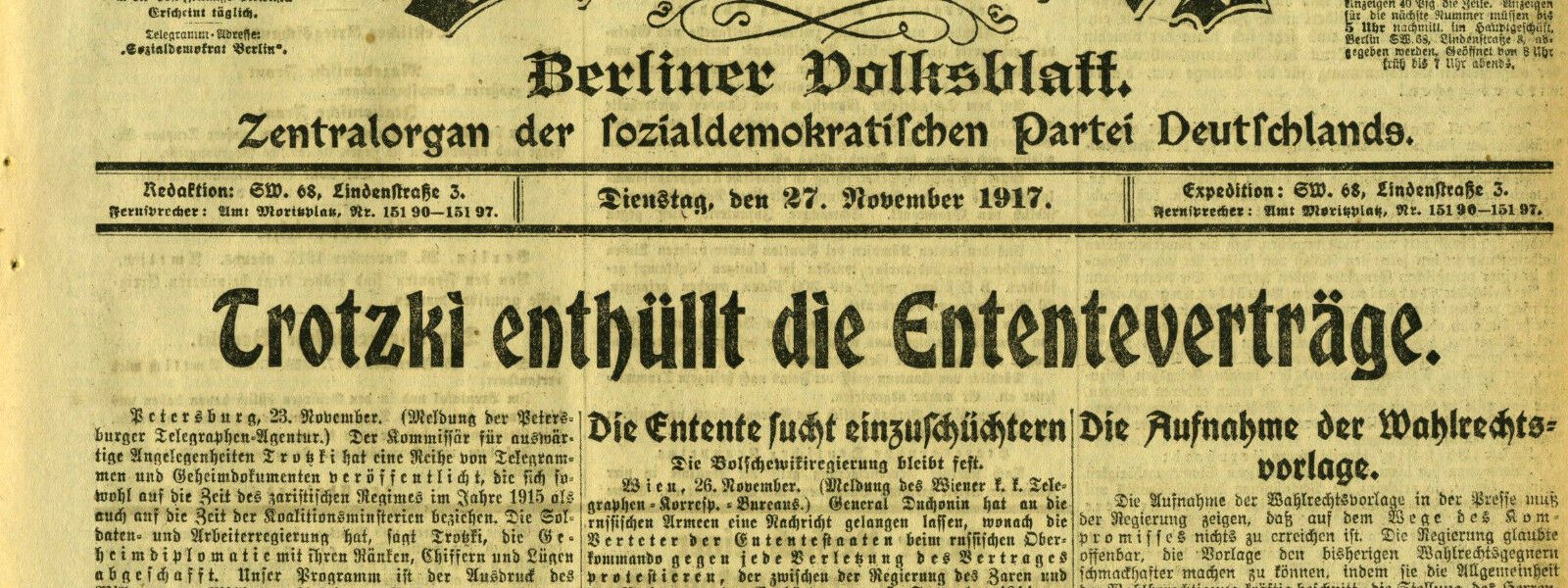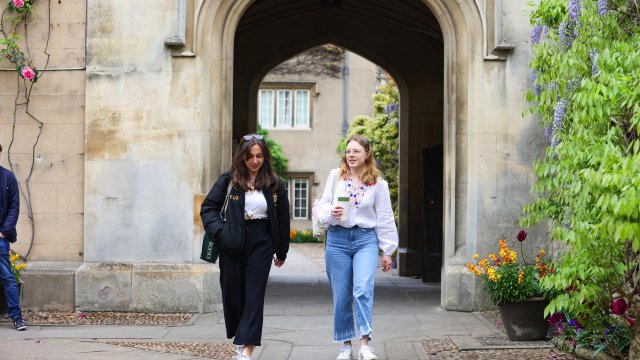How can you understand a people without its language? How can you understand its present without its past? At Sidney, we encourage and support such intellectually challenging cross-disciplinary exploration.
Important Note Concerning Interviews for 2024
Please note, all undergraduate admissions interviews at Sidney Sussex for the 2024-25 admissions round will be held online. Further details regarding interview platform will follow.
If you want to engage and understand our complex world, History and Modern Languages is an ideal combination.
At Sidney you will benefit from a thriving and welcoming community, both at undergraduate and graduate level. Staff-student relations are notably friendly, with a whole host of events and activities providing students and Fellows alike with opportunities to mix more informally.
Combining History and Modern Languages (HML) allows students to develop high-level skills in a foreign language together with a deep knowledge and understanding of the history and culture of the regions in which that language is used. Sidney has thriving communities of historians and linguists of which HML students will become a full part. They will benefit from an excellent College library, well-resourced in both History and Modern Languages, and from their shared involvement in the College's well-established History Society (Confrat) and modern languages events.
Undergraduate Study
The joint degree in History and Modern Languages combines the best of both subjects. It offers the opportunity to develop near native-speaker skills in a foreign language while studying a range of papers relating to the culture and history of the relevant language area; options in some languages also include film and contemporary politics. Students will also develop analytical skills in History through a wide range of topics in British, European, American and World history, as well as the history of political thought. There will be opportunities to work with historical sources in foreign languages.
The languages available for study are:
- French (post A Level)
- German (from scratch or post-A Level)
- Spanish (from scratch or post-A Level)
- Italian (from scratch or post-A Level)
- Portuguese (from scratch)
- Russian (from scratch or post-A Level)
When you graduate, you will possess skills that will appeal to a wide range of employers. You'll have gained written and verbal fluency in a second language and experience of living abroad, which are highly sought-after transferable skills. You will possess a wide-ranging knowledge of history, European and beyond, as well as a range of skills in reading critically, dealing with information, working independently and with others, and speaking and writing with clarity.
- Written work
Two pieces of written work prior to interview. You will not need to write anything new specially for this.
- Admissions assessment
If you’re shortlisted for interview, you may need to take a written assessment. Please check back in April 2024 for details. If an assessment is required, you will not need to register in advance and we will provide details directly to you.
- Interviews
- All undergraduate admissions interviews at Sidney Sussex for the 2024-25 admissions round will be held online. Further details regarding interview platform will follow.
- Two interviews. Before at least one interview there will be a passage to read, and this will be discussed in the interview. For post A-Level language applicants, part of the language interview will be conducted in the target language.
- Subject requirements
- Learn about our standard entry requirements for History and Modern Languages on the University website.
- Applicants will be expected to demonstrate an interest in both subjects and will be assessed on their potential to succeed in them.
- Please note that offers are set on an individual basis using all of the information available to us in context of the entire field of applicants.
- Beyond the syllabus
Are you excited to learn more about the subject by delving beyond the school syllabus? Explore our Beyond the syllabus resource hub to discover interesting websites, podcasts, videos, and books related to the subject you love!
Typical intake
1 - 2
Typical A-level offer
A*AA
Typical IB offer
41-42 points overall, with 776 at Higher Level
Postgraduate Study
Sidney offers a friendly, diverse and inclusive environment for postgraduate study in History and in Modern and Medieval Languages, including various structured opportunities for cross-disciplinary inspiration.
At the University of Cambridge applications for postgraduate study are processed centrally by the Postgraduate Admissions Office. The application form and supporting documents are submitted electronically via their website and the online self-service system, though academic decisions on applications are made by the Faculty or Department.
- Funding
There are many funding opportunities at Cambridge from a wide variety of sources including the Cambridge Trust, Gates Cambridge, Colleges, Departments, Research Councils and central University funds. You can use the Postgraduate Admissions' Cambridge Funding Search to find out which type of funding you might be eligible for, and how and when to apply. They also operate a Postgraduate Funding Competition to co-ordinate some of these funding opportunities and make the process easier for you as an applicant.
To find information about the funds available for postgraduate students at Sidney, visit our Studentships and funding page.
- Useful links
Course directory | Postgraduate Admissions | University of Cambridge
Funding | Postgraduate Admissions | University of Cambridge
How do I apply? | Postgraduate Admissions | University of Cambridge
International students | Postgraduate Admissions | University of Cambridge
Opportunities to work, travel, and study
Like other linguists, HML students spend their third year abroad – studying or working in a foreign country, and immersing themselves in its language, culture and history. You can attend a foreign university, become an English-speaking assistant at a school, or seek employment (which may be paid or unpaid).
You have great freedom and flexibility (and support from the Faculty Year Abroad Office and your Director of Studies at Sidney) in making your plans: you can tailor your third year abroad to suit your own interests and later career goals, providing you spend at least eight months abroad and are constantly immersed in the foreign language you’re studying.
Discover more on our Opportunities to work, travel, and study page.


